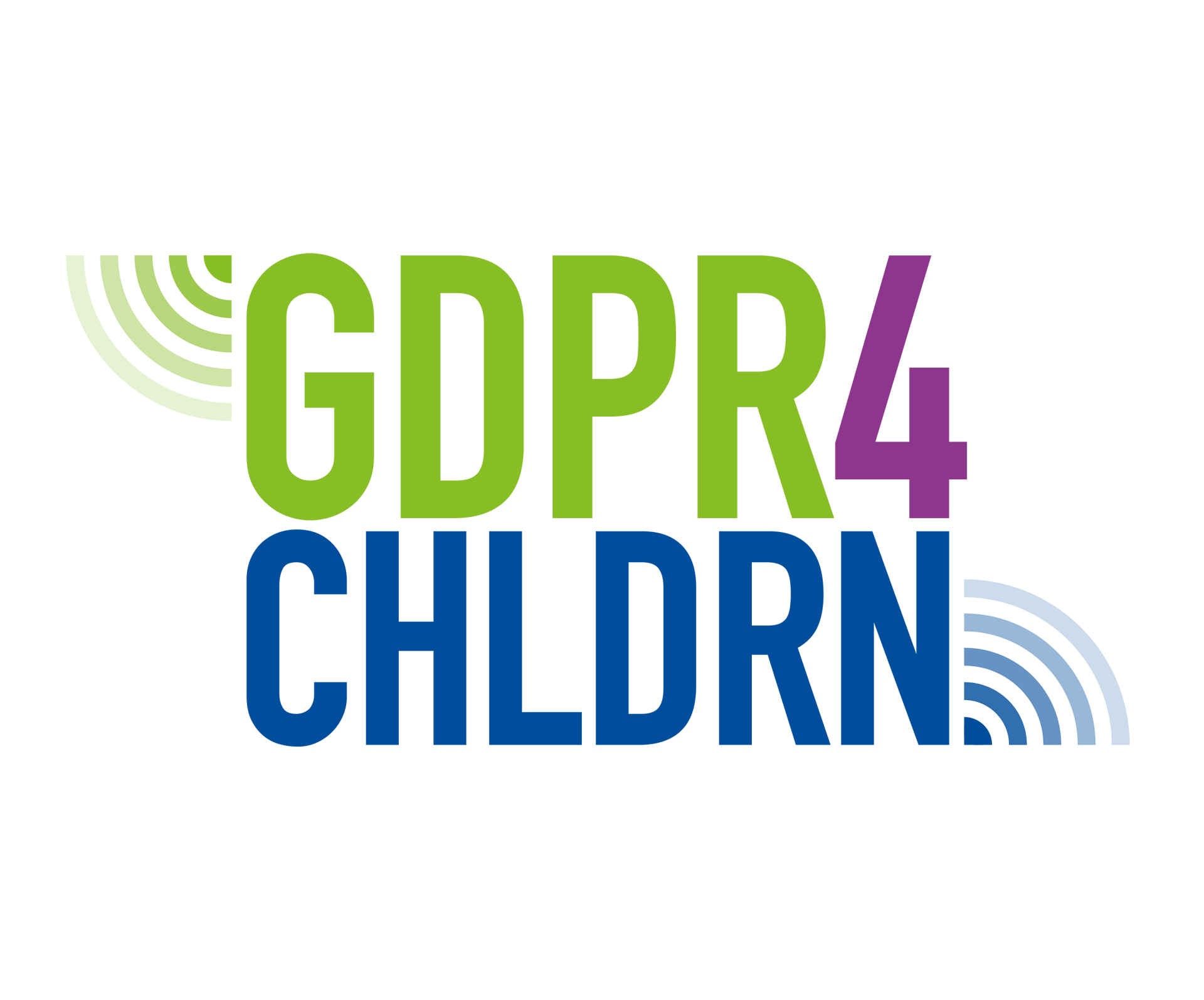4. Inform data subjects transparently of the processing of personal data
The transparency of processing personal data means that the controller must openly tell the data subjects how it is processing their personal data. The controller is required to provide all information concerning the processing of personal data to the data subjects in a concise, intelligible and clear form. The information does not have to be provided in a prescribed form
If the personal data will be collected directly from the data subject, the controller should inform them of the processing when collecting the data. If the personal data is not collected from the data subject themselves, they must be informed of the processing within a reasonable time and no later than one month from obtaining the data.
When data used for communicating with a person is obtained from another source than the person themselves, they must be informed when contacted for the first time, at the latest. If data intended for disclosure to another recipient is obtained from a source other than the data subject themselves, they must be informed of this before or in connection with the first disclosure.
When processing children’s personal data, the controller should make sure to inform the children of it using language and style that the child can understand. In other words, it is important to describe the processing of personal data in a manner appropriate to the audience.
Read more: Informing the data subject | Office of the Data Protection Ombudsman.


